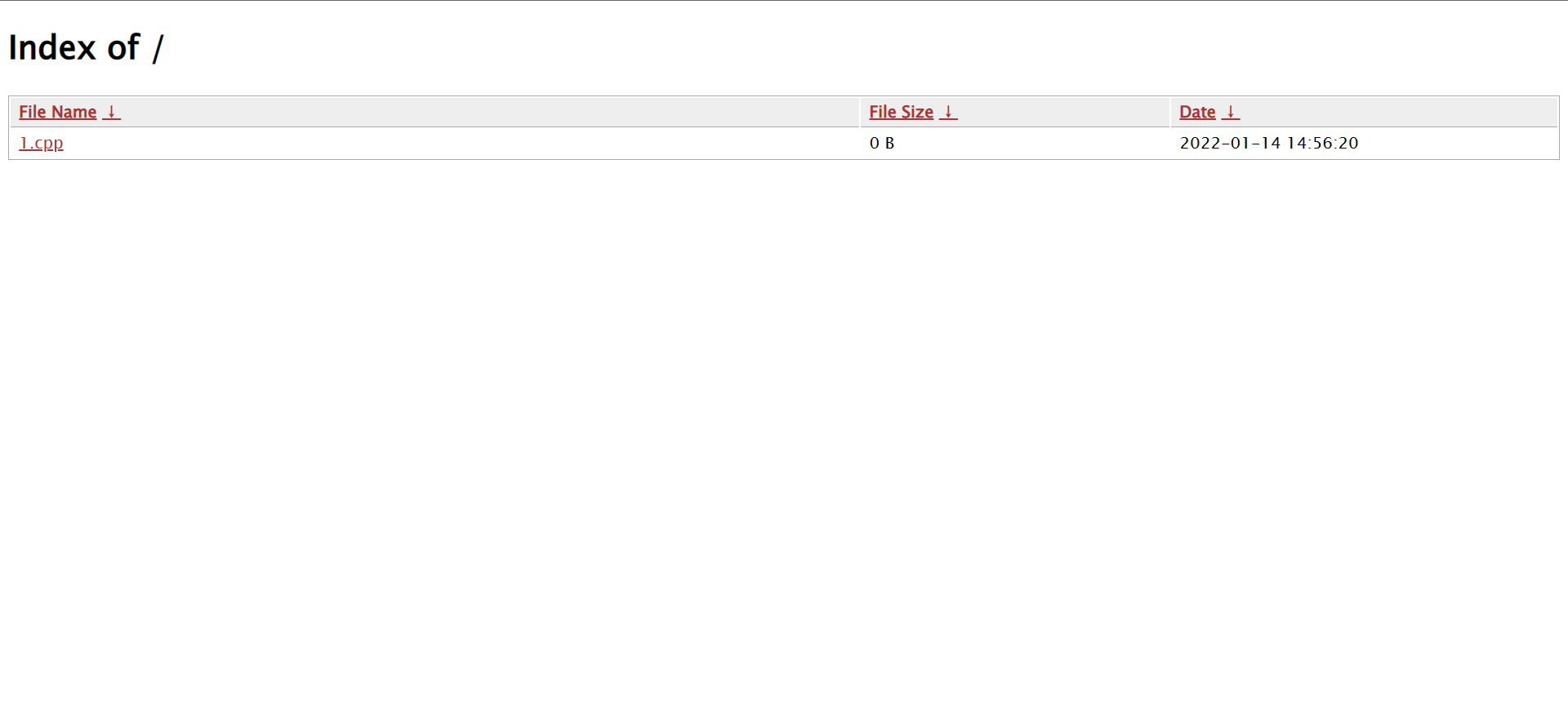1
2
3
4
5
6
7
8
9
10
11
12
13
14
15
16
17
18
19
20
21
22
23
24
25
26
27
28
29
30
31
32
33
34
35
36
37
38
39
40
41
42
43
44
45
46
47
48
49
50
51
52
53
54
55
56
57
58
59
60
61
62
63
64
65
66
67
68
69
70
71
72
73
74
75
76
77
78
79
80
81
82
83
84
85
86
87
88
89
90
91
92
93
94
95
96
97
98
99
100
101
102
103
104
105
106
107
108
109
110
111
112
113
114
115
116
117
118
119
120
121
122
123
124
125
126
127
128
129
130
131
132
133
134
135
136
137
138
139
140
141
142
143
144
145
146
147
148
149
150
151
152
153
154
155
156
157
158
159
160
161
162
163
164
165
166
167
168
169
170
171
172
173
174
175
176
177
178
179
180
181
182
183
184
185
186
187
188
189
190
191
192
193
194
195
196
197
198
199
200
201
202
203
204
205
206
207
208
209
210
211
212
213
| #define _GNU_SOURCE
#include <dlfcn.h>
#include <fcntl.h>
#include <libudev.h>
#include <netinet/in.h>
#include <stdint.h>
#include <stdio.h>
#include <stdlib.h>
#include <string.h>
#include <sys/uio.h>
#include <unistd.h>
#define RSA void
#define DISK_LABEL "UNRAID"
#define BTRS_FORMAT \
"regGUID=%s®Ty=%s®To=\"%s\"®Tm=%s®Gen=0®Days=0"
typedef int (*RSA_PUBLIC_DECRYPT_FUNC)(int flen, unsigned char* from,
unsigned char* to, RSA* rsa,
int padding);
static char* unraid_uuid = NULL;
static char* unraid_name = NULL;
static char* unraid_date = NULL;
static char* unraid_version = NULL;
RSA_PUBLIC_DECRYPT_FUNC rsa_public_decrypt;
int get_dev_path(char* buffer, size_t size);
int get_usb_device(char* buffer, size_t size);
int get_serial_string(char* buffer, size_t size);
void read_file(char* buff_ptr, char* base_ptr, char* file_ptr, char* file);
__attribute__((constructor)) void unraid_init() {
if (!rsa_public_decrypt) {
rsa_public_decrypt =
(RSA_PUBLIC_DECRYPT_FUNC)dlsym(RTLD_NEXT, "RSA_public_decrypt");
}
if (!unraid_uuid) {
unraid_uuid = (char*)malloc(1024);
strcpy(unraid_uuid, "1234-1234-1234-1234567890AB");
int err = get_serial_string(unraid_uuid, 1024);
if (err && getenv("UNRAID_UUID")) {
strcpy(unraid_uuid, getenv("UNRAID_UUID"));
}
unraid_name = getenv("UNRAID_NAME");
unraid_date = getenv("UNRAID_DATE");
unraid_version = getenv("UNRAID_VERSION");
}
}
const char* get_self_exe_name(int full) {
static char buffer[4096] = "";
readlink("/proc/self/exe", buffer, 4096);
if (full) {
return buffer;
}
char* ptr = &buffer[strlen(buffer)];
while (*ptr != '/') --ptr;
return (ptr + 1);
}
int RSA_public_decrypt(int flen, unsigned char* from, unsigned char* to,
RSA* rsa, int padding) {
if (!strcmp(get_self_exe_name(0), "emhttpd") ||
!strcmp(get_self_exe_name(0), "shfs")) {
sprintf(to, BTRS_FORMAT, unraid_uuid, unraid_version, unraid_name,
unraid_date);
int len = strlen(to);
return len;
} else {
return rsa_public_decrypt(flen, from, to, rsa, padding);
}
}
int get_dev_path(char* buffer, size_t size) {
char link_device[1024];
char real_device[1024];
sprintf(link_device, "/dev/disk/by-label/%s", DISK_LABEL);
char* rv = realpath(link_device, real_device);
if (!rv) return 2;
struct udev* udev;
struct udev_device* dev;
struct udev_enumerate* enumerate;
struct udev_list_entry *devices, *dev_list_entry;
int find = -1;
udev = udev_new();
if (!udev) {
return 1;
}
enumerate = udev_enumerate_new(udev);
if (!enumerate) {
return 1;
}
udev_enumerate_add_match_subsystem(enumerate, "block");
udev_enumerate_scan_devices(enumerate);
devices = udev_enumerate_get_list_entry(enumerate);
if (!devices) {
return 1;
}
udev_list_entry_foreach(dev_list_entry, devices) {
const char *path, *tmp;
unsigned long long disk_size = 0;
path = udev_list_entry_get_name(dev_list_entry);
dev = udev_device_new_from_syspath(udev, path);
if (strncmp(udev_device_get_devtype(dev), "partition", 9) != 0 &&
strncmp(udev_device_get_sysname(dev), "loop", 4) != 0) {
const char* devnode = udev_device_get_devnode(dev);
char* ptr = strstr(real_device, devnode);
if (ptr && ptr == real_device) {
find = 0;
strcpy(buffer, udev_device_get_devpath(dev));
}
}
udev_device_unref(dev);
}
udev_enumerate_unref(enumerate);
udev_unref(udev);
return find;
}
int get_usb_device(char* buffer, size_t size) {
char dev_path[1024];
if (get_dev_path(dev_path, 1024)) {
return 2;
}
int slash_index[1024];
int slash_count = 0;
for (int i = 0; i < strlen(dev_path); ++i) {
if (dev_path[i] == '/') {
slash_index[slash_count++] = i;
}
}
int find = -1;
for (int i = slash_count - 1; i >= 0; --i) {
char usb_device[1024] = "/sys";
strcpy(&dev_path[slash_index[i]], "/serial");
strcat(usb_device, dev_path);
if (!access(usb_device, F_OK | R_OK)) {
strcpy(buffer, usb_device);
buffer[strlen(buffer) - strlen("/serial")] = '\0';
find = 0;
break;
}
}
return find;
}
void read_file(char* buff_ptr, char* base_ptr, char* file_ptr, char* file) {
strcpy(file_ptr, file);
FILE* fp = fopen(base_ptr, "r");
fscanf(fp, "%s", buff_ptr);
fclose(fp);
}
int get_serial_string(char* buffer, size_t size) {
char usb_device[1024];
if (get_usb_device(usb_device, 1024)) {
return 2;
}
char* file_ptr = &usb_device[strlen(usb_device)];
char* buff_ptr = buffer;
read_file(buff_ptr, usb_device, file_ptr, "/idVendor");
strcat(buff_ptr, "-");
buff_ptr += strlen(buff_ptr);
read_file(buff_ptr, usb_device, file_ptr, "/idProduct");
strcat(buff_ptr, "-");
buff_ptr += strlen(buff_ptr);
char serial_buffer[1024]
read_file(serial_buffer, usb_device, file_ptr, "/serial");
strcpy(buff_ptr, serial_buffer);
*(buff_ptr + 4) = '-';
strcpy(buff_ptr + 5, &serial_buffer[4]);
int offset = 'A' - 'a';
for (int i = 0; i < strlen(buffer); ++i) {
if (buffer[i] >= 'a' && buffer[i] <= 'z') {
buffer[i] += offset;
}
}
return 0;
}
int main() {
char serial[1024];
int err = get_serial_string(serial, 1024);
if (!err) {
printf("SERIAL: %s\n", serial);
}
return 0;
}
|

